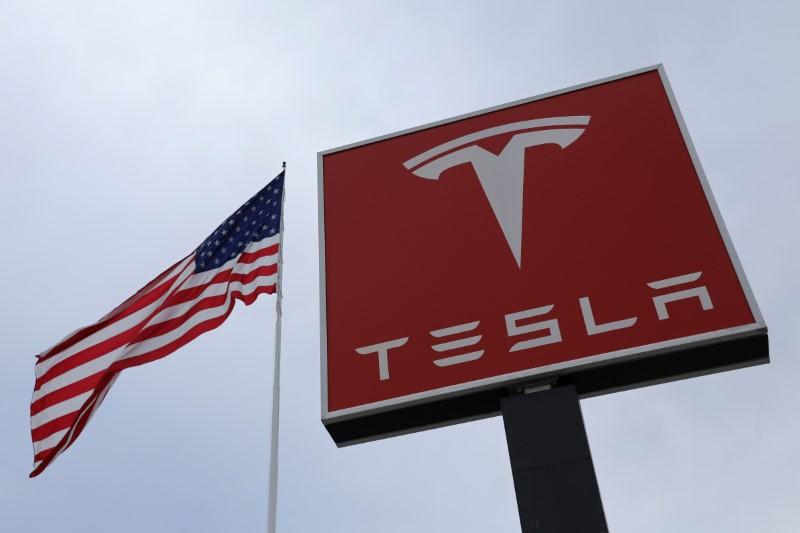Recently, Tesla in mainland China has become a hot topic in the news. Especially after a vehicle owner recently made a scene at a Shanghai Auto Show, the Chinese Communist Party’s official media took the opportunity to suppress Tesla.
On April 19, the first day of the Shanghai Auto Show, a woman wearing a T-shirt with the Chinese characters for “brake failure” stood atop a Tesla car at the Tesla booth and shouted, “Tesla(’s) brakes failed!”





